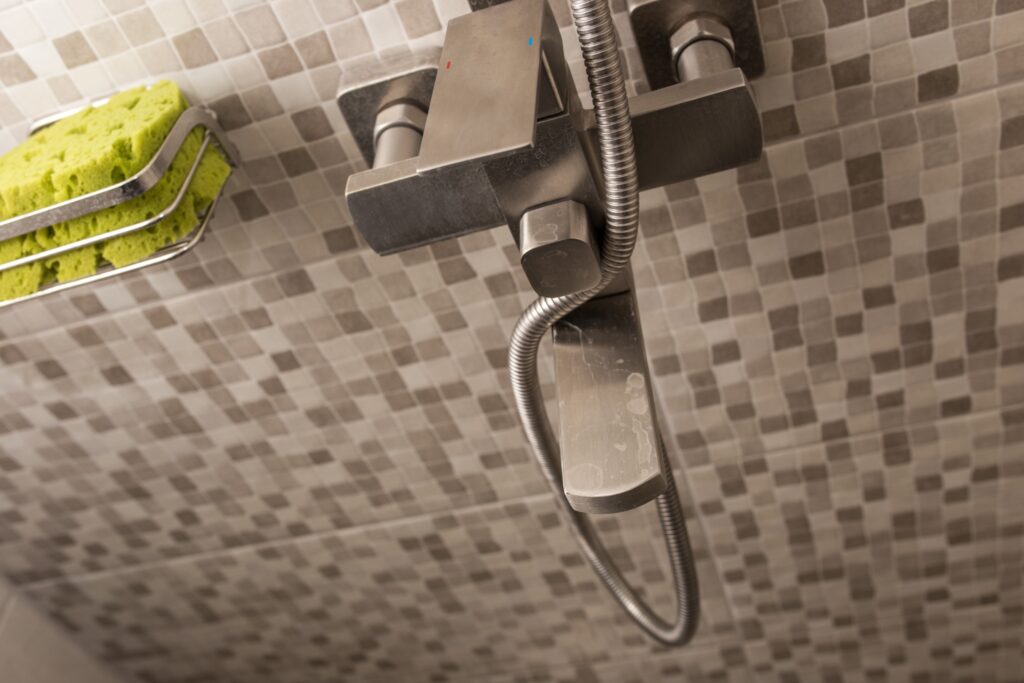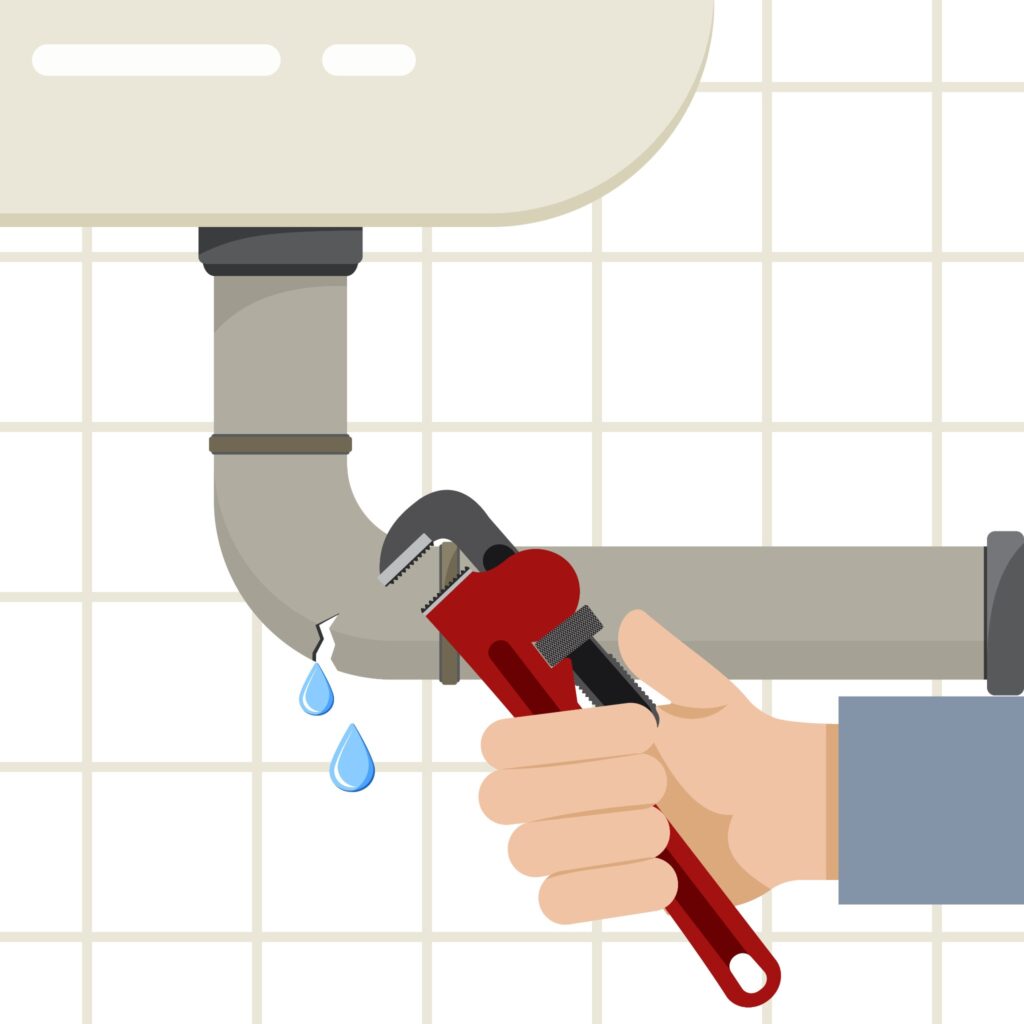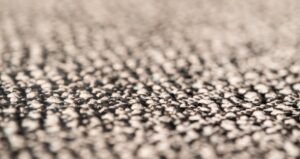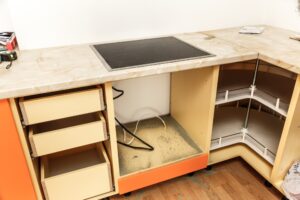A bathroom is an essential space in your home that serves various purposes – it is where you go to clean up and relax after a long day. However, bathrooms are also very susceptible to water damage, which leads to significant headaches and expenses.
In this blog post, we will explore some of the best tips for how to prevent water damage in your bathroom.
Top tips for preventing water damage in bathroom
- Repair any leaks immediately
- Install water-resistant materials
- Keep your bathrooms well-ventilated
- Clean and maintain your drains
- Repair caulking when necessary
- Fix any broken or damaged tiles
- Know when to call a professional
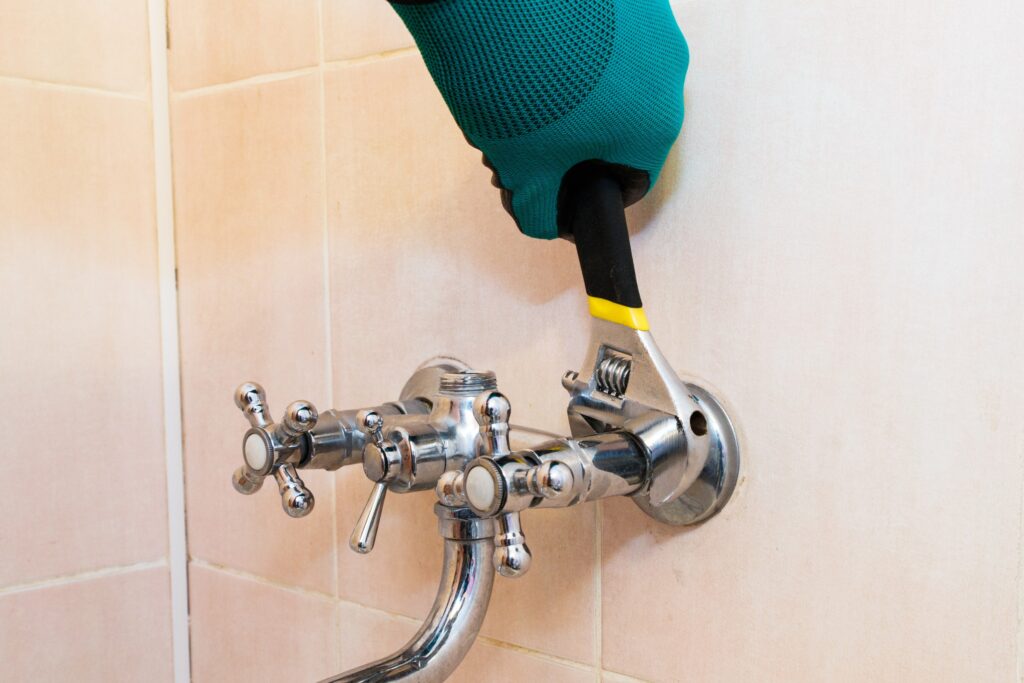
Fix Any Leaks Immediately
Leaks are one of the most common sources of water damage in a bathroom. Whether it is a dripping faucet, a leaky toilet, or a damaged pipe, it is crucial to fix any leaks you notice immediately. Even small leaks can lead to significant problems if left unaddressed.
Take a look at what the Texas Department of Insurance says pertaining to, “when are water damage and mold covered by insurance?”
Install Water-Resistant Materials
Another way to prevent water damage in your bathroom is by using water-resistant materials. This includes materials like ceramic tiles, water-resistant drywall, and waterproof caulk.
These materials are resistant to water, making them perfect for use in bathrooms. They help prevent water from seeping through the walls and floors, ensuring that your bathroom remains dry.
Keep Your Bathroom Well-Ventilated
Moisture is one of the primary causes of water damage in a bathroom. Keeping your bathroom well-ventilated is an effective way to prevent moisture buildup.
Achieve this by installing a bathroom fan or by opening a window after taking a shower. This helps to circulate the air and remove the excess moisture from the bathroom.
Make sure your entire home is well-ventilated. Call us to get an air duct cleaning service scheduled today.
Clean and Maintain Your Drains
Clogged drains are another common cause of water damage in a bathroom. Hair, soap scum, and other debris accumulate inside your drains, leading to slow drainage and eventual overflow.
To prevent this, make sure you clean and maintain your drains regularly. Use a drain cleaner to remove any blockages, and avoid pouring grease or oil down the drain.
Read this article posted by HGTV which explains, 5 drain cleaners you can make at home.
Repair caulking when necessary
Caulking is a sealant that is used to fill gaps between the shower, bathtub, and sink, as well as to seal the baseboards and other areas around the bathroom. When it is in good shape, it provides an airtight and watertight seal that prevents water from seeping into walls and floors.
However, over time, caulking will deteriorate from exposure to water and heat. Once this happens, it loses its effectiveness, and leaks occur, creating costly problems.
The Spruce has published an article listing tips for preventing water damage in your home and it includes pointers related to roofing, caulking, gutters, etc.
Fix any broken or damaged tiles
The tiles serve a very important purpose in the design of your bathroom. They keep the drywall safe. The tiles also act as a protective layer for your flooring. A cracked tile will allow water to seep in.
Over time mold will develop. In addition to that, the cracks will eventually spread. At that point, you will find yourself needing to replace your entire floor or wall instead of just one tile.
We are proud to offer a tile and grout cleaning service to help you get your bathroom on the track to success.
Know when to call a professional
Anytime you aren’t sure how something needs to be handled, it is time to call a professional. Here at Ace Carpet Cleaning, water restoration services are one the things we do best.
Our services are available 24/7 because we know how critical the timing is when it comes to water damage. Check out our water restoration service page for more information.
Final Thoughts
In conclusion, preventing water damage in your bathroom is essential for maintaining a safe and healthy living environment. By following these tips, you will keep your bathroom dry, clean, and free from water damage.
Remember, if you do notice any signs of water damage, such as moisture buildup or discoloration on your walls and floors, it is crucial to take action immediately. Contact a professional to inspect the area and fix any issues before they become more serious.
